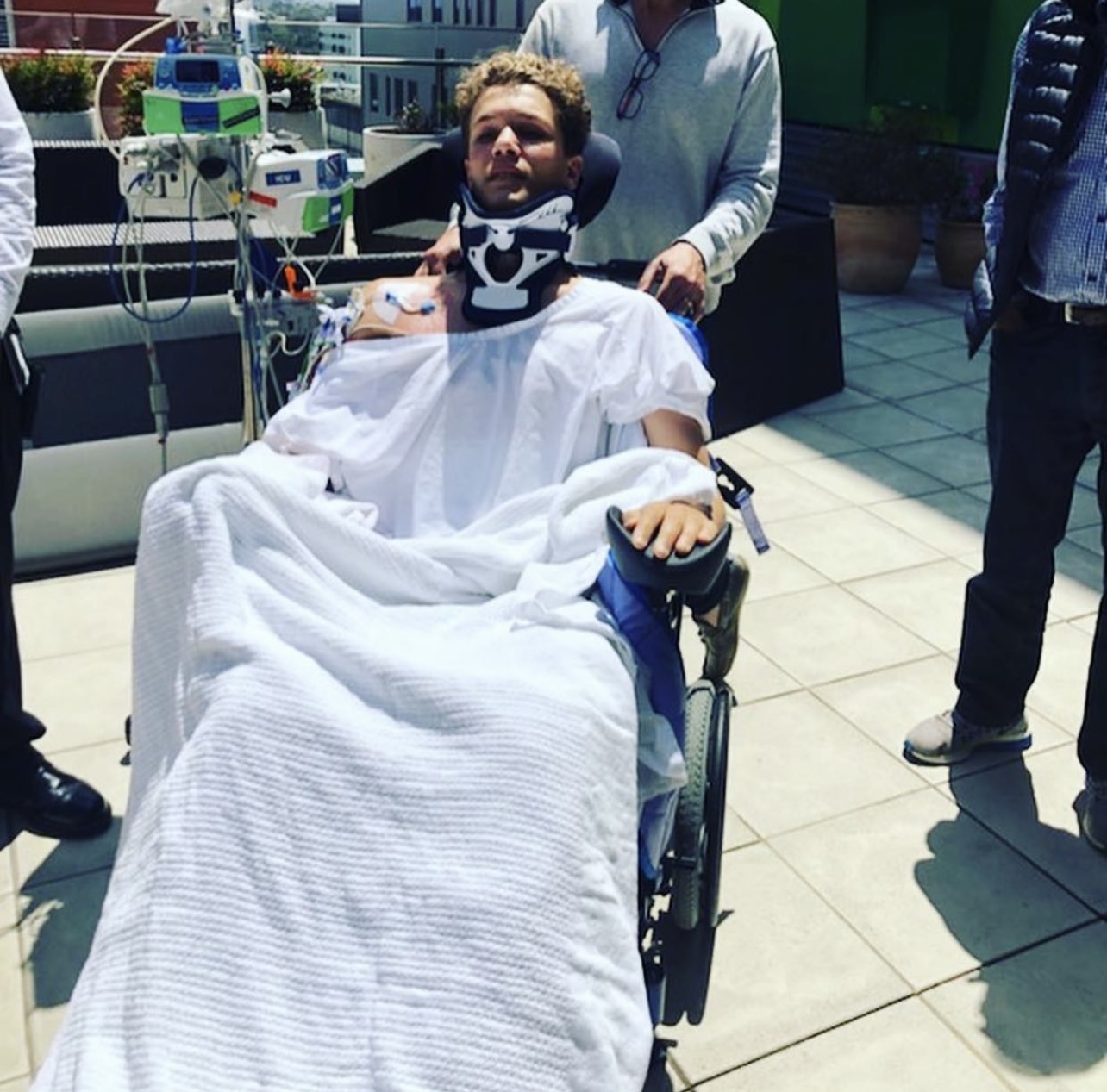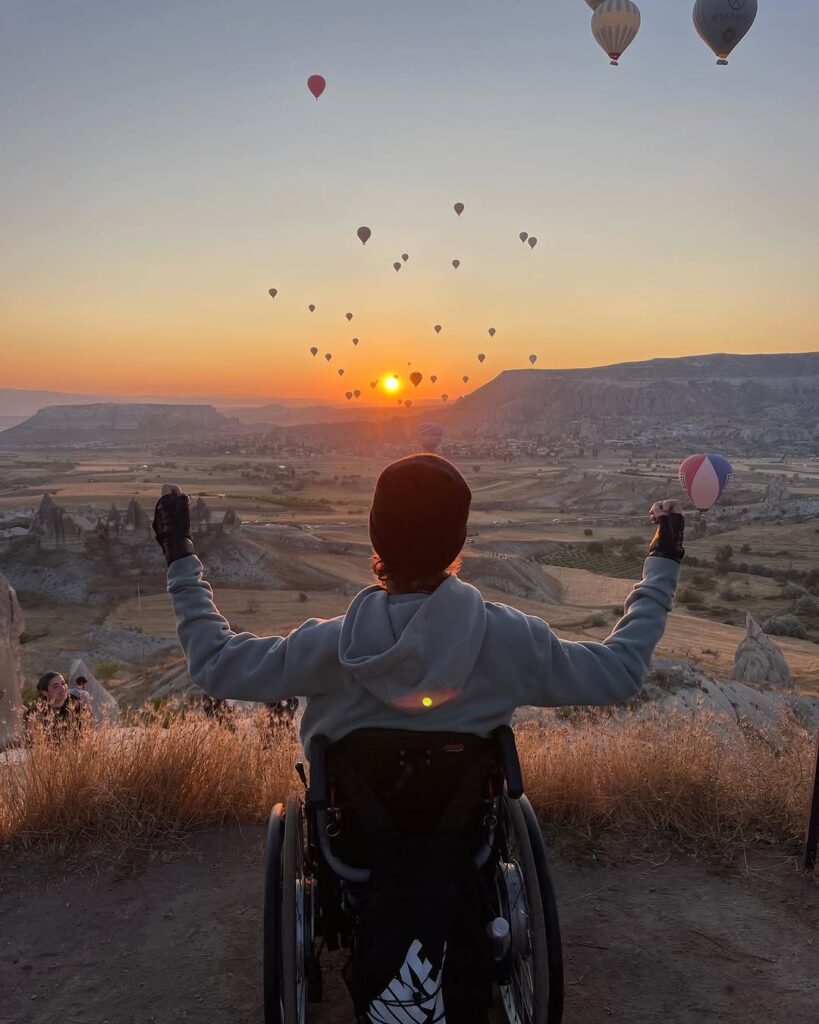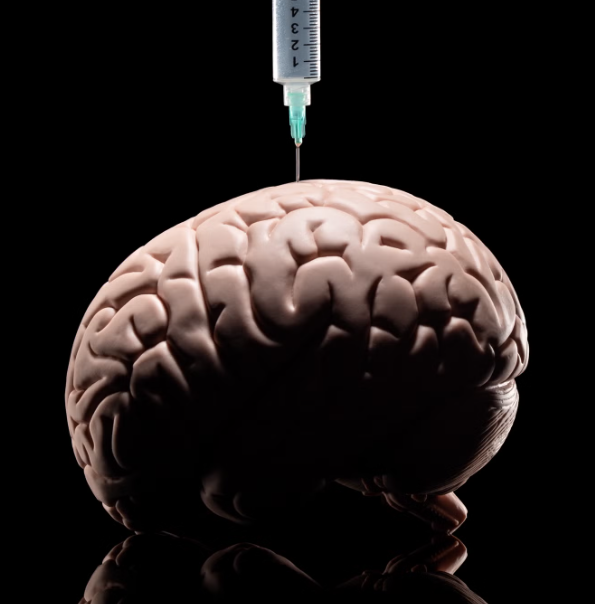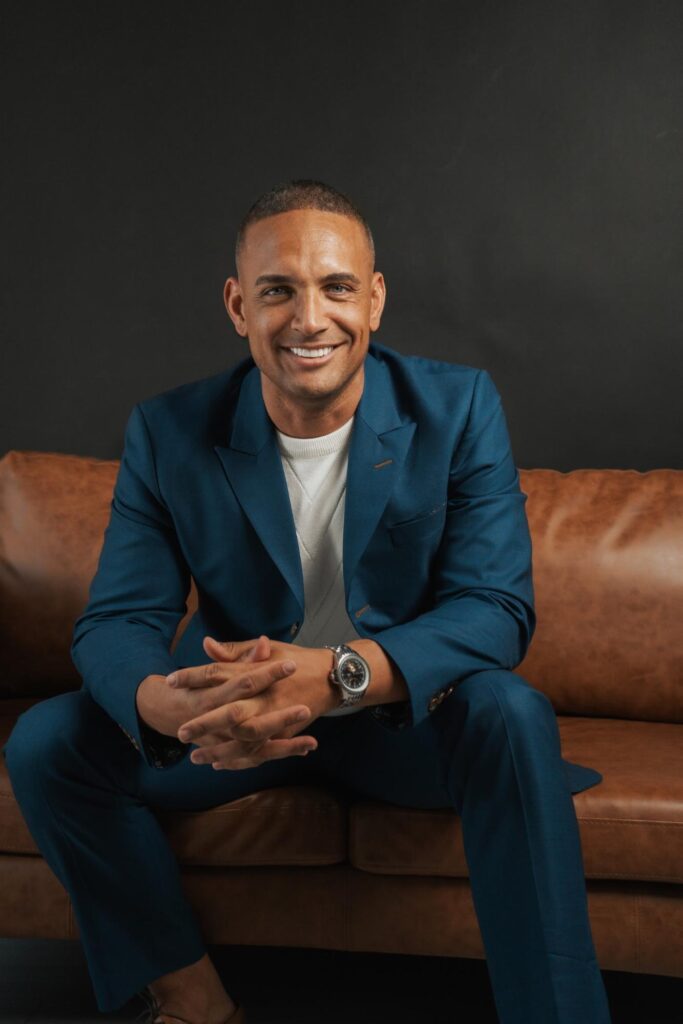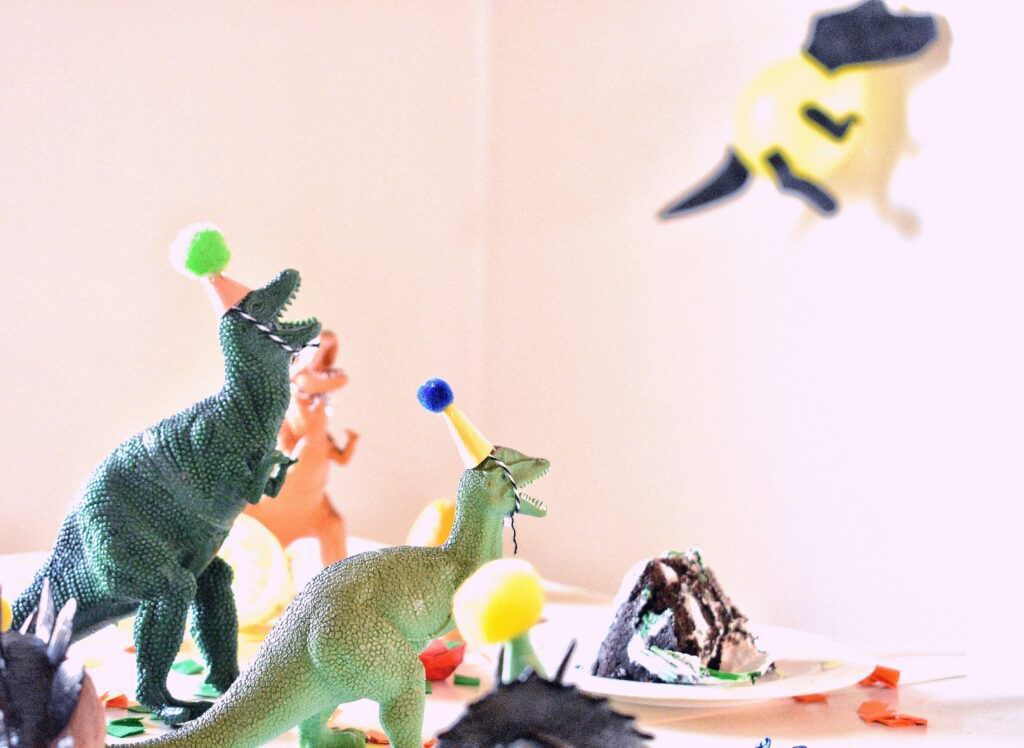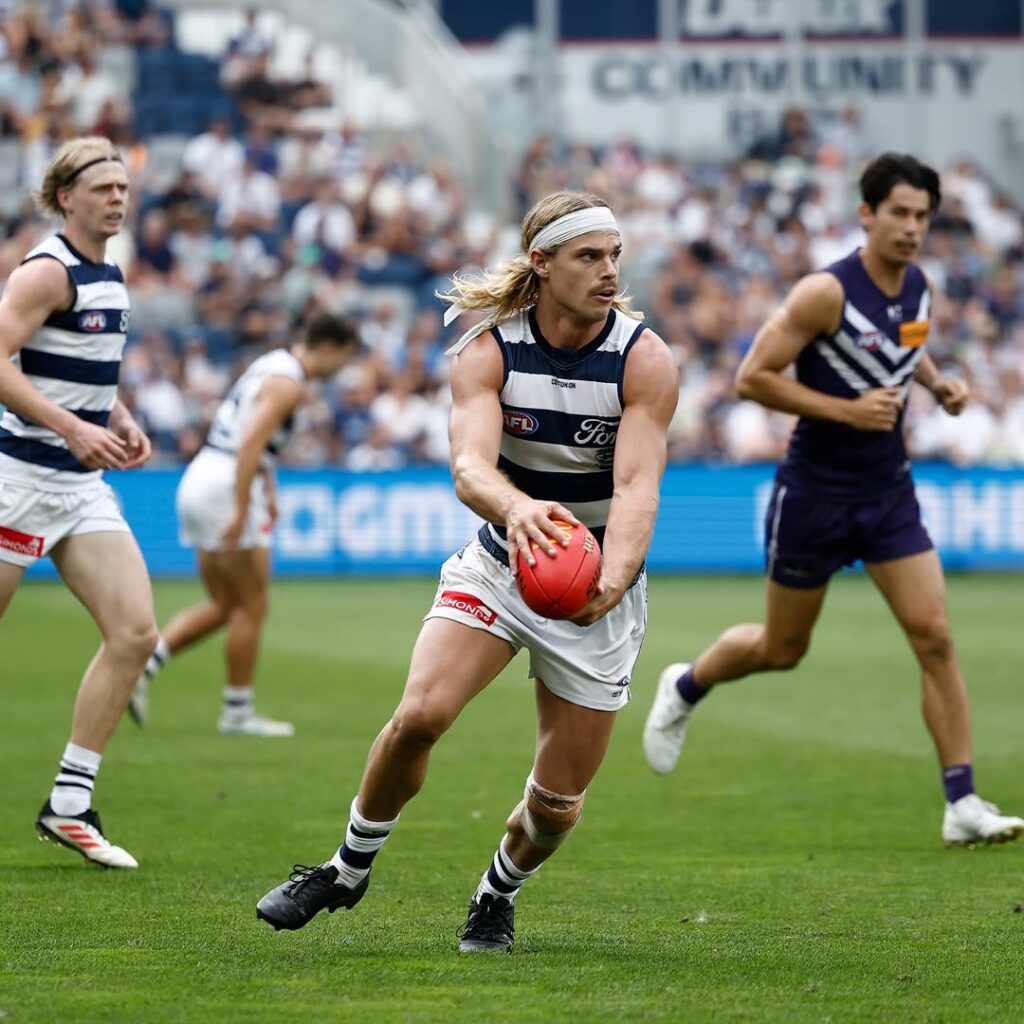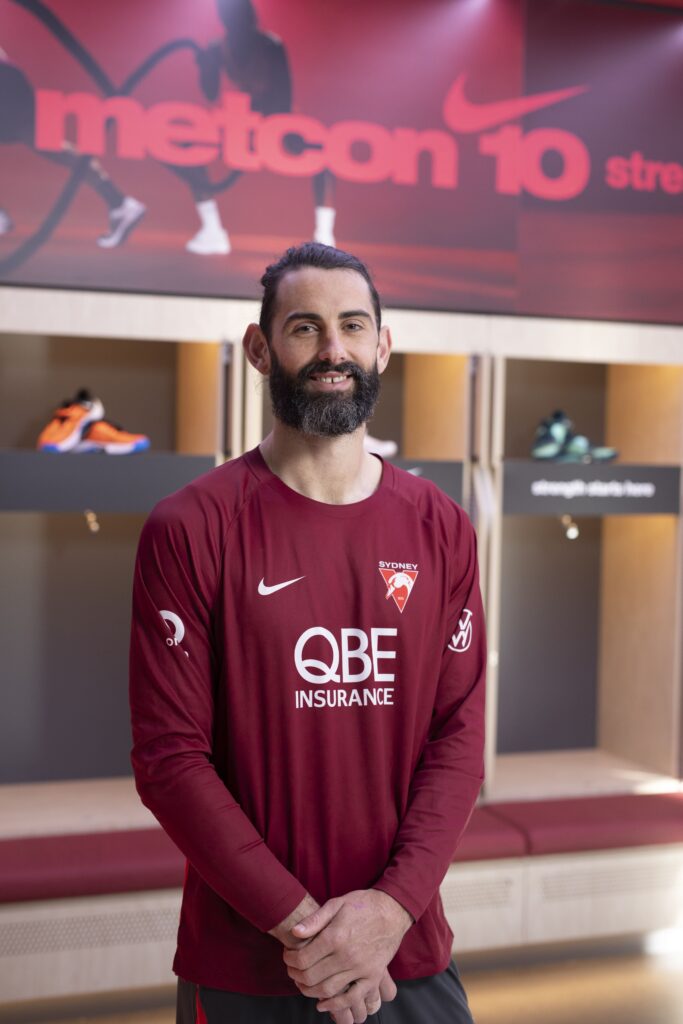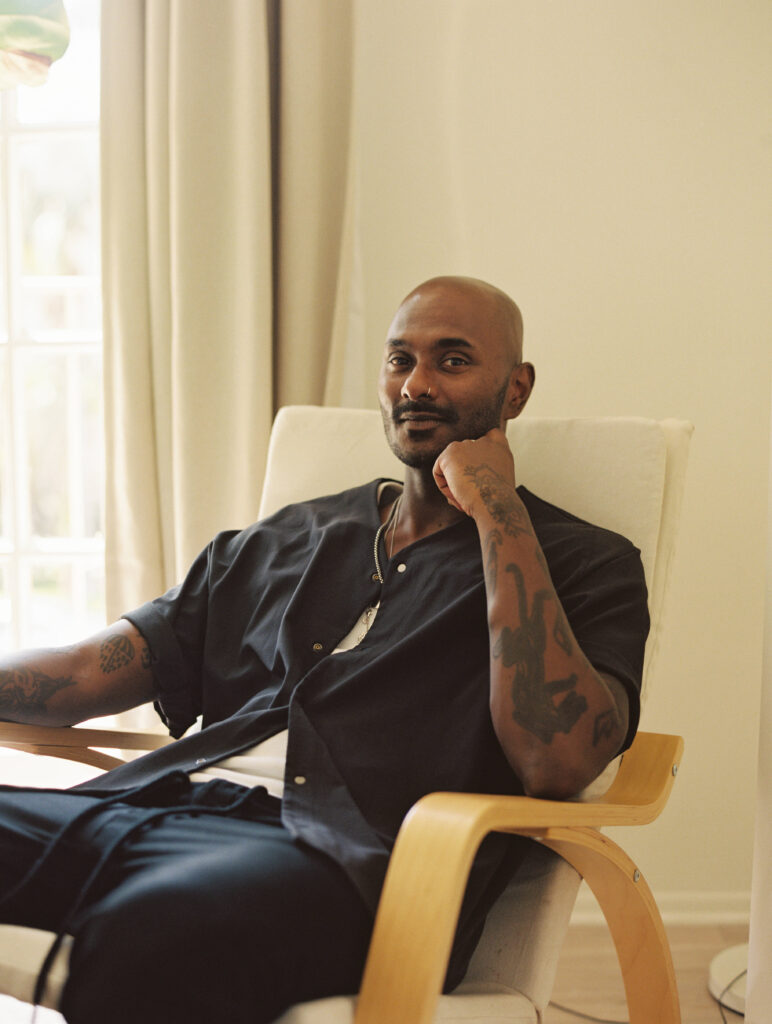WHEN ALEX NOBLE appears on my screen for our interview, my first impression is that I might have accidently intruded on a video link with the actor Cillian Murphy. There’s the same soulful eyes, prominent cheekbones, an arresting presence and perhaps a little of the not-suffering-fools demeanour of the Irish actor. But when Noble speaks, such idle thoughts are quickly dispelled, though, you could argue, the 22-year-old Sydneysider has a story that belongs on the silver screen.
In fact, to call it a ‘story’ might not cut it. Noble’s experience is perhaps closer to a parable about the power of positive thinking and the remarkable resilience of the human spirit. What happened to Noble is tough for many of us to contemplate. At the same time, his indomitable response to the cards he’s been dealt is equally difficult for many of us to fully appreciate or fathom. Which is part of what Noble wants us to realise. You don’t need to have gone through a traumatic incident to change your mindset and your life.
First, the hard facts. Noble’s life changed forever back in 2018, after a tackle in a NSW under 17s rugby 7s training session broke his neck, leaving him a C4 quadriplegic. Let’s be clear: that’s the kind of nightmare diagnosis that causes parents to bar their kids from playing contact sports. The details of the accident make you shudder.
Which is perhaps why in the aftermath of his accident, Noble made an effort not to dwell on his circumstances, conscious even in those first pivotal moments after he woke up from surgery, that if he let the seeds of self-pity twist into weeds, they could strangle the hope in his life.
“I never actually recall a moment where they specifically told me, ‘You have C4 quadriplegia’,” he says, as he speaks to MH from his home in Sydney’s Gladesville. “They never expressly told me that and I never even asked or wanted to know. I think my immediate response when I woke up and became conscious again was that I didn’t want to find out because all I knew is that whatever I have, I know that I’m going to maximise that to the very best of my abilities. So, it doesn’t really matter what I have, I’m going to max it. The not knowing made me not have those limitations of myself.”
Ignorance isn’t exactly bliss, but it’s certainly useful. In the six-and-a-half years since his accident, Noble has gone on to achieve more than he ever could have imagined, in part because he took steps not to imagine it, not wanting to let his mind run loose with regret for his former life or to buckle under the weight of the work that lay ahead of him.
Today, he works as a tax accountant at KPMG, he’s studying business/law at UTS and wrote a best-selling book, I Fight, You Fight, that traces his journey from his hospital bed, when he uttered those words to his brother, Zac, who was contemplating dropping out of the HSC. Those four words, which Noble is quick to point out, “are so much more than just four words”, became a movement that’s inspired a legion of followers. He’s also a sought-after motivational speaker, and this year, was nominated for the NSW Young Australian of the Year award.
After initially being told that he would never regain movement from the neck down, Noble has been able to regain use of his hands and arms. Last year he joined the Wings For Life World Run, an event supported by Red Bull, as an ambassador, taking on the challenge in pouring rain at Sydney’s Bay Run, after the official event was cancelled. He’ll do so again at this year’s event at Randwick racecourse this weekend.
While his achievements continue to stack up, Noble feels like he’s barely scratched the surface of his potential. That’s what happens, he insists, when you live your life without imposing the barriers and boom gates of self-defeating thoughts on yourself. You start to discover the only limits to what you can achieve reside within your head.
And here’s the part of Noble’s remarkable story that he’s determined to impart to others: you don’t need to suffer a life-altering setback to become the person you really want to be.
Here, in his own words, Noble recalls the experience that changed his outlook on what life is for.
***
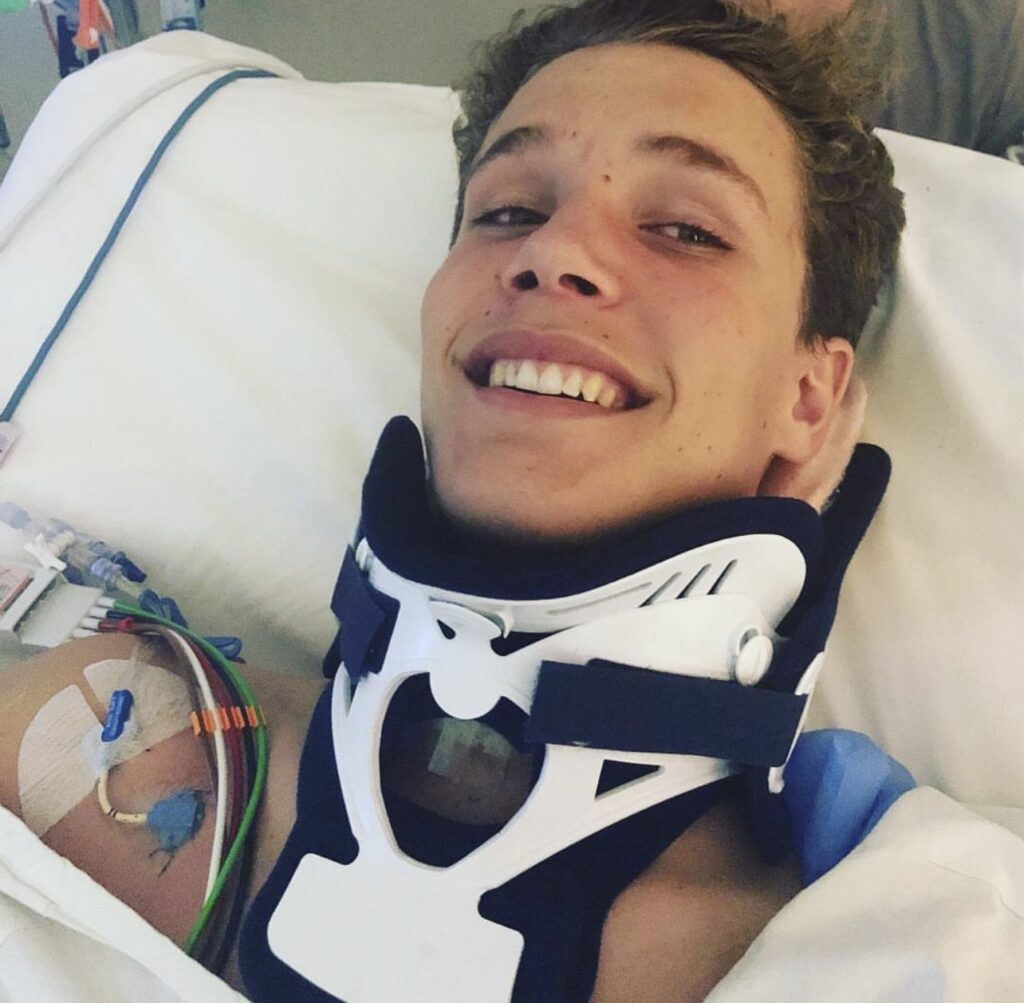
UP UNTIL I was 16, all I ever cared about and all I ever thought about was rugby union, rugby league, touch footy, anything to do with rugby. And my goal in life and my purpose in life was singularly to play professional rugby.
Outside of that, all I cared about was partying, friends, girls, how I looked, being good looking, impressing as many people as possible. It’s pretty embarrassing to say, but that was the most important thing in my life.
As a result, I disregarded everything else that was important, like my family and friends, relationships, and actually giving back to the community and contributing to the world. I’d describe it as superficial, simplistic, shallow, just full of fun and rugby. I was kind of pursuing happiness, I guess. I just wanted the good times and wanted to impress people, wanted to get compliments, wanted to make that top sporting team so people acknowledged me. My happiness was relying on external things and circumstances and other people and results in order to feel good about myself.
Consequently, whenever something didn’t go my way, even if it was something little or insignificant, like I failed to get picked for a sports team, or I got injured, or if I had to do the dishes or had to study or work, I’d lose it. I’d get upset, sad, get angry, blow up, be pissed off, hate life. My emotions and the way I felt became dependent on my circumstances.
I think I definitely would’ve continued on that path. A lot of people would say, ‘Oh yeah, that’s just a typical 16-year-old kid’, which is true. But I don’t necessarily agree with that. I think that a lot of people spend their whole life doing very similar things to the kid I described. There are a lot of people, no matter what age, whose mood and the way they feel is dependent upon their circumstances. I think a large proportion of society suffers from the mentality where they only feel good when things are good, but when things are bad, they feel bad. I think it doesn’t have to be like that. And I don’t think that you need something dramatic or traumatic to change the way you think.
***
IT WAS THE 21st of October, 2018, a Sunday morning. I remember waking up at 6am. My alarm went off and I was excited for the day. I remember getting straight out of bed, full of energy. I always laid out my clothes on my bedroom floor the night before, so when I woke up, it was straight on and then straight to training.
We drove to Knox College where we had the training session. It was a trial game to get picked for the starting team. We began the session and I remember it started to trickle down with rain. It was a really overcast, gloomy Sunday morning and we were running around with the rain falling on us. And then about halfway through the session, the coaches instructed us to play seven on seven, a full-contact game. This was essentially the trial game that they were using to select the starting team.
I was the five-eighth, so for me, it was my time to shine, my time to show the selectors what I was made of, to show them what I’d been training for my whole life. A teammate passed the ball. It was a long pass, about 10 metres. I caught it with two hands, and then in front of me was the defender. To avoid being tackled, I chucked a goose step. At the same time, I stuck my left arm out to fend off the defender, to push him away from me.
As I did, he grabbed my wrist with his right hand, and my shoulder with his left hand. So, as he had full control of my arm, he yanked it straight down, pulling me down to the ground headfirst, smashing the left side of my cheek into the hard dirt. The momentum of the tackle carried the rest of my body and my legs and feet over the top of my head, as my head got caught on the ground. As my legs went over the top of my head it broke my neck, my C 4-5 vertebrae.
The next thing I know is I was just lying there in the middle of that oval, flat on my back, looking up at that dark and gloomy sky. And 30 of my teammates and coaches were all standing around, looking down at me, the rain trickling down on my face and going into my eyes.
In that split second, I could no longer move a single thing except my eyes. I was stuck frozen to the ground. I felt like my arms and legs were in the air above me, but then in my peripheral vision to my right, I could see my arm out to the side. It felt like my head was decapitated from my body. My whole world went completely silent and cold.
I remember there was a physio holding my head to prevent me from moving my head at all. And I said to my physio, ‘Do you reckon I’ll be right for the trial game tomorrow?’
***
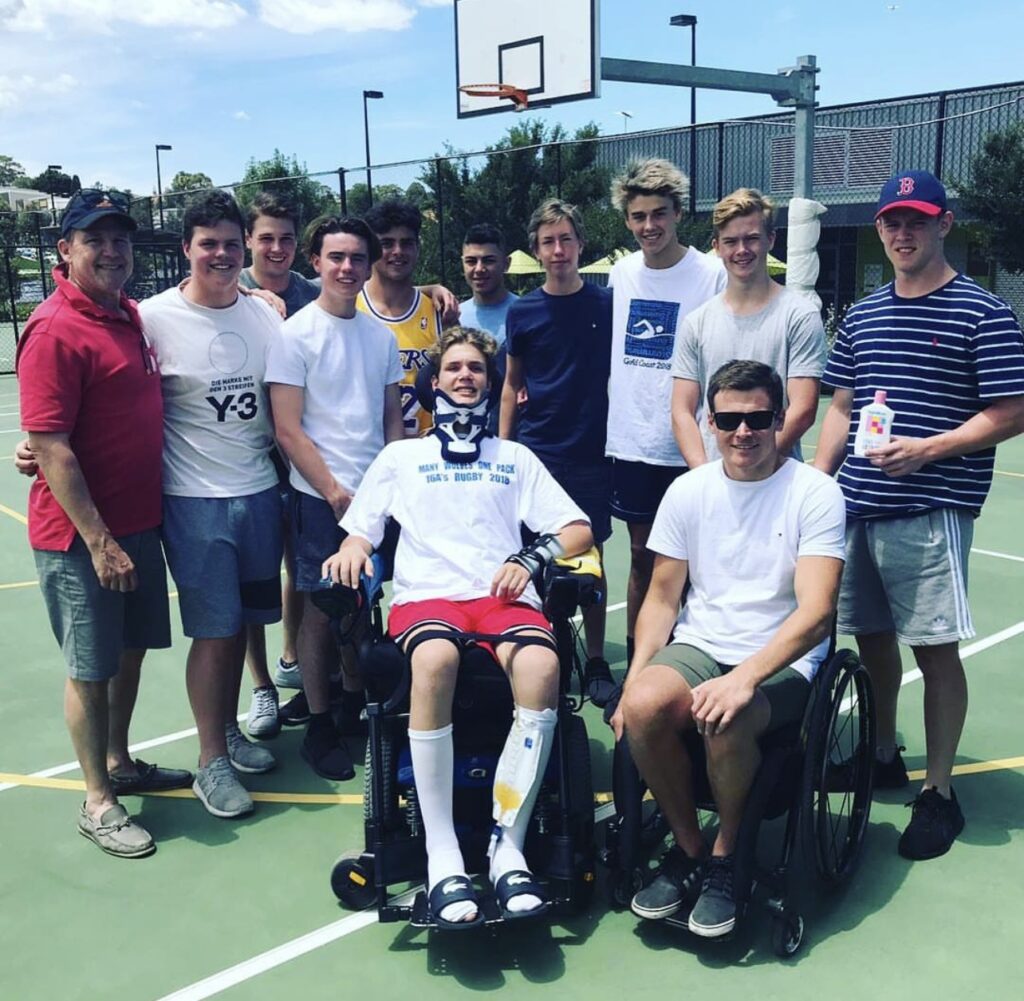
AFTER THAT I was in the back of the ambulance with my mate, Bill, with the sirens on, driving from Knox, straight to North Shore Hospital, going a hundred miles an hour. From there, they were running me down the hallways of the hospital and it was like one of those Hollywood movies where the person’s on the hospital bed and there’s four people on either side of the bed, just flying down the hallway with lights rushing past. And then I entered the x-ray room. The door shut and it was just completely silent.
I think that’s where it hit me. Going from all that intensity to just silence and on my own. And I guess that’s when the thoughts start rolling in, when you’re in your own head, and it’s probably even louder than it was before. It was so silent, yet paradoxically, so loud in my head, just asking What’s happened? What’s going to happen to me? Am I alive? What have I done? What’s the rest of my life going to be like?
I went under anaesthesia and got surgery and ended up in a coma for five days. I never actually recall a moment where they specifically told me, ‘You have C4 quadriplegia, you broke your neck, you’re quadriplegic’. They never expressly told me that and I never asked or wanted to know.
I was ambitious to move everything again. But I also knew that if I couldn’t do something, then I’d accept that, if it’s uncontrollable. Accept the uncontrollables and as soon as I possibly can, disregard them. Don’t even give them a second thought. But with the controllables, things that there is potential to recover, the thought was to capitalise upon them as much as I possibly can. And that way, one, I won’t be restricted by thoughts of regret and wishing that I had my whole life back. I wouldn’t be held back by those things and that would enable me to just move forward and recover as much as I possibly can.
***
I GUESS MY first conscious thoughts when I woke up were one, whatever I do, don’t reflect on my life. Don’t be like, Damn, I wish I just didn’t put my arm out. Damn, I wish I could run around right now. I wish I appreciated my life more when I could run around. Why me? Or Life’s unfair or play the victim card. I knew that I wasn’t going to have a single one of those thoughts.
The other intentional thought I had is don’t look too far forward, either. Don’t look at all those days in the ICU. Don’t look at all those days ahead in the hospital. Don’t look at the next nine-and-a-half months where I’m stuck in hospital and don’t look at all those days and years ahead of being stuck in a wheelchair. Don’t think about all the effort and the sacrifice and the hours in the gym and the early mornings and the late nights. Because if I thought about all that was ahead of me, that dark evil road ahead of me, I’d be like, That’s too hard, that’s overwhelming, too big, too far away. I’d think, That’s too much for me. I’m not going to do it. It’d be too overwhelming. I’d be like, No chance I’ll be able to do that.
So, disregard the past, disregard looking too far ahead and intentionally just be present, focusing on one small step at a time, the task at hand and attacking that task as much as I possibly can. And as soon as I accomplish that task, immediately move to the next task. By breaking a big, overwhelming large goal into small manageable tasks enables me to continually move on and keep going forward and keep fighting, every day. And now, six-and-a-half years later, I’ve achieved more than I ever thought that I possibly could, not only in my life but in a million years. And I promise – I guarantee you – that if I thought about everything I’ve had to do in the past six-and-a-half years, at that time, I would’ve been like, Nah, way too hard.
Now I’m like, Well, I’ve done it. And so, what that’s shown me, is that we are all capable of achieving so much more than we think. And often it’s our own limitations and our own mind that stops us. So, my goal now is to empower people to achieve their potential to become what they’re capable of becoming. And when I say help others reach their potential, I mean actual potential, going above and beyond what they think their potential is, because most of the time people’s potential is way beyond what they think it is.
You’re not going to feel like doing things. You’re not going to always feel motivated and happy and optimistic about doing something, especially the things that you don’t want to do. Waking up when the alarm goes up off 5 am when it’s cold outside and it’s dark and you’re nice and cozy in bed, the last thing you feel like doing is turning off that alarm and getting up.
So, your emotions are like, No, I’m not going to do that. But if you’re going to be dictated by your emotions, then you may as well give up now. So, I think that the key is to gain enough control over your mind and your thoughts to override those emotions and those natural responses because discipline is doing what you should do, not what you want to do. And the minute you start to live your life by acting for your future self rather than your current self, that’s when you’re on the road to becoming the person that you’re capable of being.
What I’m trying to say is that challenges are good, adversity is good. It’s what it takes to live the most fulfilled life possible. I think you need to be thankful for the difficulties. Embrace them, soak them up, appreciate them, capitalise on them, because they’re what’s going to create your story. That’s what’s going to create your resilience. Difficulties aren’t dirt. Difficulties are the fertiliser that’s going to help you grow.
There are 20,800 Australians living with a spinal cord injury for which there is currently no cure. The Wings for Life World Run takes place this weekend, with 100 per cent of the entry fee donated to spinal cord injury research. For more info on the Wings For Life World Run click here.




